
Product
General information
Furadantin is an antibiotic that fights bacteria in the body. Nitrofurantoin is used to treat and prevent urinary tract infections (UTIs). It works by stopping the growth of bacteria. It will not work for viral infections. This drug should not be used to treat infections outside the bladder (e.g., kidney infections such as pyelonephritis or perinephric abscesses).
Directions
Take Furadantin exactly as prescribed by your doctor. The recommended dose for treating urinary tract infections (UTIs) in adults is 50 to 100 mg four times daily, continued for at least three days after the infection has cleared. For long-term treatment to prevent UTIs in adults, often just 50 or 100 mg once daily at bedtime is sufficient. The recommended dosage for treating urinary tract infections in children (age one month and older) is based on body weight. Furadantin should be taken with food, as food increases the absorption of this antibiotic. Take this medication by mouth, with food or milk.
Precautions
Before taking Furadantin you should talk with your doctor if you have diabetes, kidney disease, vitamin B deficiency, glucose-6-phosphate dehydrogenase deficiency, electrolyte imbalance, anemia, any allergies. Antibiotic medicines can cause diarrhea, which may be a sign of a new infection. Do not use any medicine to stop the diarrhea unless your doctor has told you to. Avoid using antacids. Use only the type of antacid your doctor recommends.
Contraindications
You should not take Furadantin if you are allergic to it, or if you have kidney disease, jaundice or liver problems. Do not take it if you are in the last 2 to 4 weeks of pregnancy. Tell your doctor if you are breastfeeding. It should not be used in children less than one month of age due to the risk of a certain blood problem (hemolytic anemia).
Drug interactions
Tell your doctor about all other medications you use, especially: probenecid, oral typhoid vaccine, antacids, norfloxacin. Interaction between two medications does not always mean that you must stop taking one of them. Tell your doctor about all prescription, over-the-counter, and herbal medications you are taking.
Missed dose
Take the missed dose as soon as possible. Skip the missed dose if it is time for your next scheduled dose. Don’t take extra medicine to make up the missed dose.
Overdose
If you think you have overdosed the medicine seek emergency medical help at once.
Storage
Store the medicine at room temperature between 68-77 degrees F (20-25 degrees C) away from light and moisture. Do not store the drugs in the bathroom. Keep all drugs away from reach of children and pets.
Note
The information presented at the site has a general character. Note please this information cannot be used for self-treatment and self diagnosis. You should consult with your doctor or health care adviser regarding any specific instructions of your condition. The information is reliable, but we concede it could contain mistakes. We are not responsible for any direct, indirect, special or other damage caused by use of this information on the site and also for consequences of self-treatment.
Possible side effect
Get emergency medical help if you have nausea, vomiting, loss of appetite, dizziness, drowsiness, headache, spinning sensation (vertigo), abdominal pain, jaundice, dark urine, cough, chest pain, watery diarrhea, hives, unexplained rash, itching, wheezing, swelling of the mouth or throat, difficulty breathing, numbness, loss of appetite, clay-colored stools, ringing in your ears, vaginal itching, vision problems, weight loss, confusion, weakness. If you notice other effects not listed above, contact your doctor.


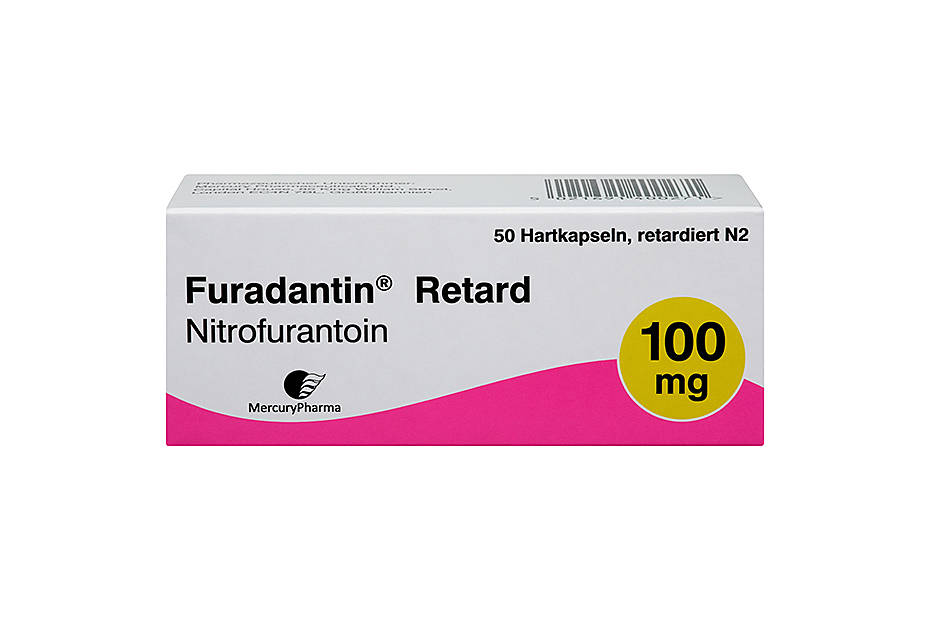
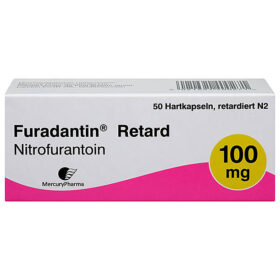
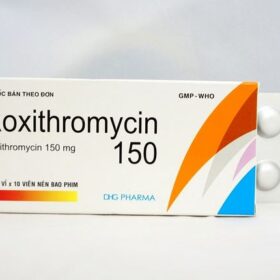
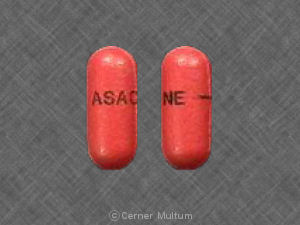
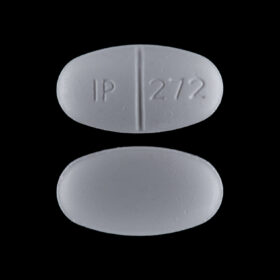
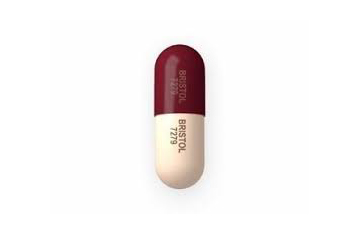
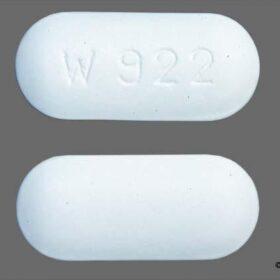
Reviews
There are no reviews yet.